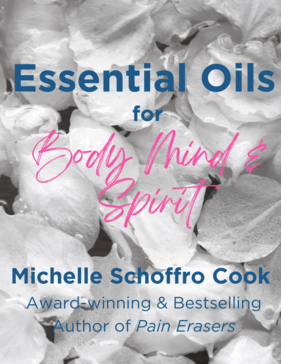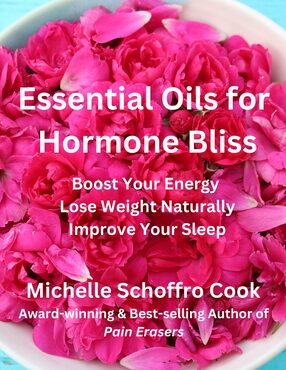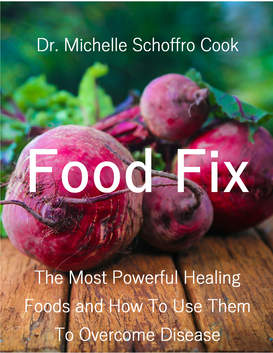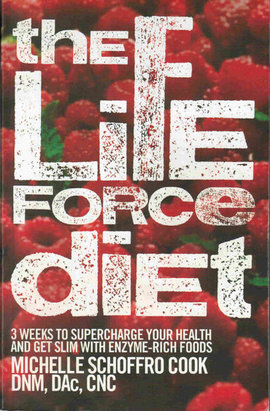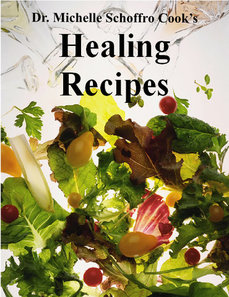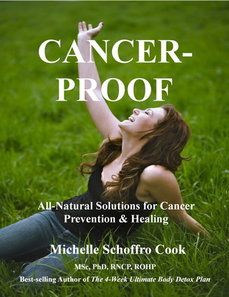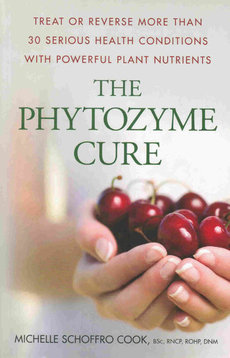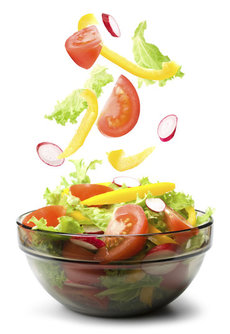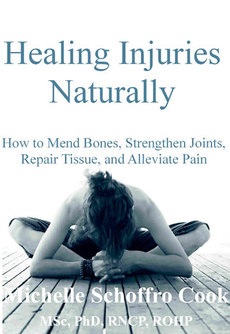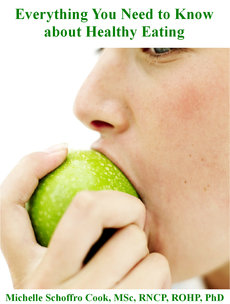If you enjoy the smell of clean clothes straight out of the dryer you may be shocked to learn that smell comes at a cost. Most commercial fabric softeners–dryer sheets or the liquid variety–contain many toxic chemicals.
According to the Allergy and Environmental Health Association, both liquid and dryer sheet fabric softeners are “the most toxic product produced for daily household use.” Most of the popular brands of fabric softeners contain many neurotoxins (substances that are toxic to the brain and nervous system) and other types of toxins. Not sure about your natural options? Keep reading, I’ll share some great natural options below.
Some of the Toxins Found in Fabric Softeners
Here are just eight of the many toxins found in most fabric softeners (and eight reasons to switch to natural options):
1. Alpha-Terpineol–This chemical has been linked to disorders of the brain and nervous system, loss of muscle control, depression, and headaches
2. Benzyl acetate–Benzyl acetate has been linked to cancer of the pancreas
3. Benzyl alcohol–Linked to headaches, nausea, vomiting, dizziness, depression, as well as disorders of the brain and nervous system
4. Chloroform–Chloroform is on the Environmental Protection Agency’s Hazardous Waste list because it has been identified as a carcinogen and neurotoxin (toxic to the brain and nervous system)
5. Ethanol–also on the EPA’s Hazardous Waste list for its ability to cause brain and nervous system disorder
6. Ethyl Acetate–causes headaches and is on the EPA Hazardous Waste list
7. Linalool–in studies, this chemical caused loss of muscle coordination, nervous system and brain disorders, and depression
8. Pentane–causes headaches, nausea, dizziness, fatigue, drowsiness, and depression
The standard argument in favor of using fabric softeners is that the amount of the chemicals to which a person is exposed is insufficient to cause harm. Studies are showing that even small amounts of these toxins can have serious effects. So, think twice before you add that dryer sheet or liquid fabric softener to your laundry, particularly for children whose developing brains are more vulnerable to the effects of toxins.
Natural Alternatives to Fabric Softeners
So, you’re ready to forego commercial fabric softeners but you still want soft clothes. What are your options? Well, here are my suggestions:
- Add a 1/2 cup of baking soda to the water in your washing machine and let it dissolve prior to adding your clothes. This is my preferred method since the baking soda acts as a water softener and helps makes clothes super soft.
- Some people toss tennis balls or other rubber balls into the dryer with clothes. I’m not a huge fan of this method since the heat of the dryer can cause the rubber to off-gas onto your clothing. If you have an allergy to latex, this is definitely not the method for you. Plus, I wouldn’t choose this method if you’re drying delicate clothing items. Instead, you can opt for natural wool dryer balls. I haven’t personally used them but have heard good things from some of my friends. Of course, if you have wool or lanolin allergies, you should avoid using wool dryer balls.
- Adding a cup of white vinegar to the wash water can also soften clothes but prefer baking soda.
- To help with static, there’s the aluminum foil ball technique. Tightly scrunch a piece of foil to form a ball. Throw it in with clothes in the dryer. There is some possible concern with increasing your exposure to aluminum (which has been linked to some brain disorders). It can also snag delicate clothes so it is best not used with lingerie, silk (but would you put silk clothes in the dryer, anyway?), or other delicate fibers. Choose recycled aluminum foil to do your part for the environment.
- Try to keep synthetic fabrics out of the dryer since they are the culprits when it comes to static. Natural fibers like cotton, bamboo, hemp, and linen are naturally soft and best dried on their own or laid out to dry.
- And, of course there are natural dryer sheets and liquid fabric softeners available in most health food stores however I admit that I don’t use them and don’t really feel like my clothes are any less soft for the choice.
Whatever path you take to softer clothes, be sure it is free of toxic, cancer-causing, and other harmful chemicals.
Please support our work by using the links in the blogs. Also, be sure to pick up a copy of my book WEEKEND WONDER DETOX to learn many more ways you can create a toxin-free home, body, and life.
 DR. MICHELLE SCHOFFRO COOK, PhD, DNM is a celebrity nutritionist and international best-selling and 20-time published book author whose works include: THE CULTURED COOK: Delicious Fermented Foods with Probiotics to Knock Out Inflammation, Boost Gut Health, Lose Weight, and Extend Your Life, 60 Seconds to Slim, The Probiotic Promise, and Boost Your Brain Power in 60 Seconds. Her work has been featured in Woman's World, First for Women, Reader's Digest Best Health, Health, Huffington Post, Reviews.com, WebMD, ThriveGlobal, and Care2.com. Learn more about her work at CulturedCook.com and DrMichelleCook.com.
DR. MICHELLE SCHOFFRO COOK, PhD, DNM is a celebrity nutritionist and international best-selling and 20-time published book author whose works include: THE CULTURED COOK: Delicious Fermented Foods with Probiotics to Knock Out Inflammation, Boost Gut Health, Lose Weight, and Extend Your Life, 60 Seconds to Slim, The Probiotic Promise, and Boost Your Brain Power in 60 Seconds. Her work has been featured in Woman's World, First for Women, Reader's Digest Best Health, Health, Huffington Post, Reviews.com, WebMD, ThriveGlobal, and Care2.com. Learn more about her work at CulturedCook.com and DrMichelleCook.com.

